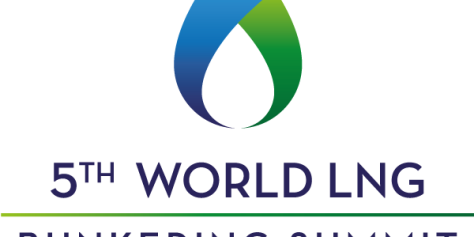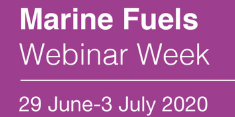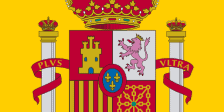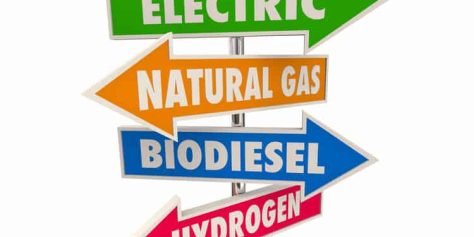MARKET
Offer, demand prices of the different products. Operators, shipping companies, and ports that are committed to alternative fuels
The 5th World LNG Bunkering Summit will take place in the city of Hamburg on 9-10 November 2021, following four successful editions in Amsterdam. The conference boasts representation from across the LNG bunkering value chain and provides a platform for the global LNG bunkering community to convene and share stories to ensure the industry can continue to push forward. LNG as a bunker fuel remains high on the agenda for many of the world's largest energy players, and a key element in the drive for decarbonisation and environmental sustainability of the shipping industry.
The barriers to entry for LNG to gain ground in the marine fuels market are falling, as industry players told attendees at Riviera's webinar on LNG as a marine fuel
As the adoption of LNG as a ship fuel continues to speed up, DNV GL has launched a new online bunkering platform to take operators seamlessly from order through to delivery. FuelBoss offers ship owners, operators and suppliers a single common platform for nomination, scheduling, spot inquiries and business intelligence. LNG suppliers Gasum, Cryo Shipping and Nauticor are amongst the confirmed pilot customers and have supported the development with their expertise and domain knowledge.
The European Commission published on 11 June "The EU Blue Economy Report 2020", providing an overview of the performance of the EU economic sectors related to oceans and the coastal ...
Directive 2014/94 / EU of the European Parliament and of the Council of October 22, 2014 on the implementation of an infrastructure for alternative fuels, requires each Member State to adopt a National Action Framework. The interministerial commission has already published two 2016 and 2019 monitoring reports on the plan.
Directive 2014/94 / EU of the European Parliament and of the Council of October 22, 2014 on the implementation of an infrastructure for alternative fuels






